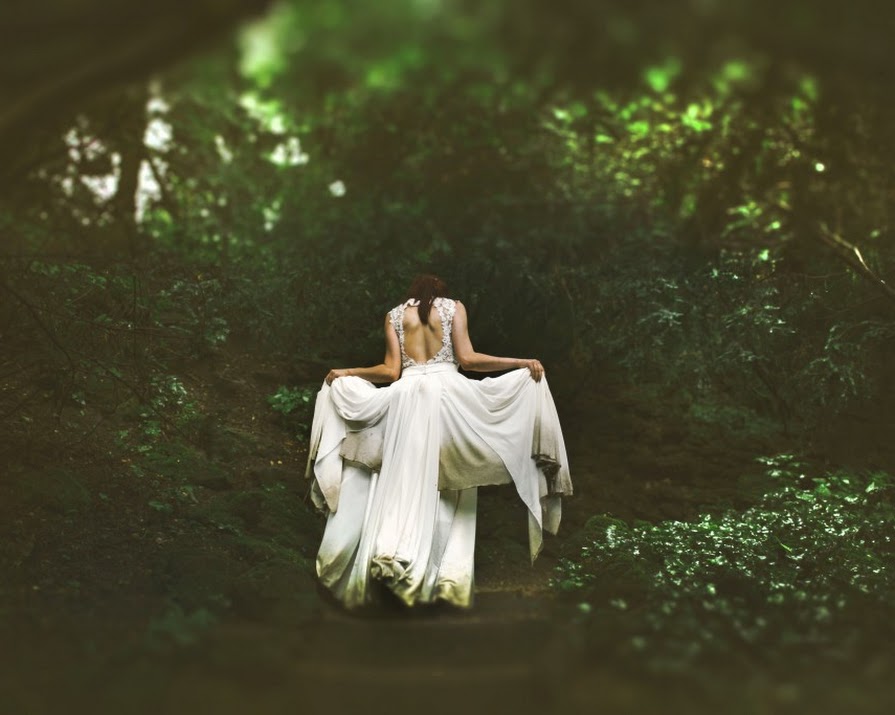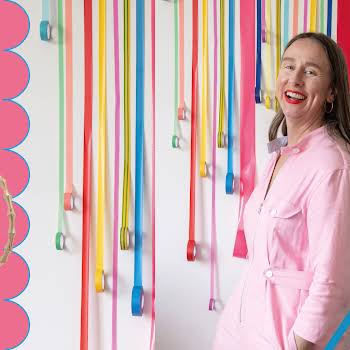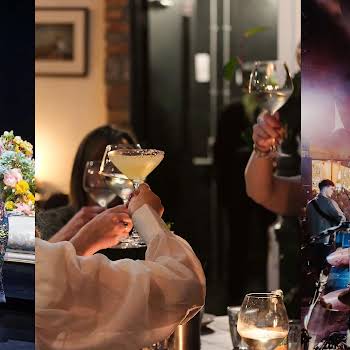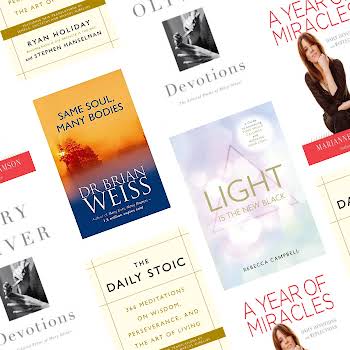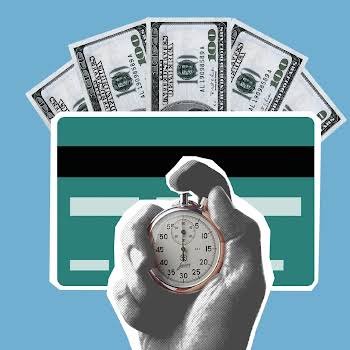
By IMAGE
09th Oct 2017
09th Oct 2017
When you were young, did you dream of being the princess or the witch in the story? DEIRDRE SULLIVAN challenges traditional tales, and believes that real-life happily ever afters are achieved by women who follow their own path.
Halloween is coming, and it isn’t just the geese that are getting fat. The air is fat with stories, ghosts and goblins. Children and adults planning their costumes, weaving stories and new identities around themselves. Deciding to be heroes or villains, witches or princesses. I’m particularly fond of small superheroes with abs made of foam. They look so out of place on a child’s body – those muscles; an incongruous power. When I was younger, I would always be a banshee or a witch. Generally in a plastic bag, or in this beautiful velvet dress my mother had. It was midi length, with small black buttons and a modest neckline. I still think about that dress sometimes. The clothing that you find in your mother’s wardrobe as a child: fleece-lined granny boots with red suede and crocodile panelling; a charm bracelet with inscriptions on it from a former flame. There’s just something about it – an insight into who you might become. Mysterious adult things. I liked to be a banshee because I had a loud scream and, before I took up acting, this was a safe way to use it. It never got annoying. Not even once. I was very attracted to fairytales and mythology as a child. I loved stories, much in the same way I loved going through my mother’s wardrobe. I wanted to know more about the world around me. All the secrets. All the hidden magic. And the gowns.
Gowns were what princesses wore. And when you played pretend, the princess was who you wanted to be. The ugly sister or the witch weren’t going to win the game of life. You had to be beautiful. You had to be compliant. Strangely, there was a lot of arguing over who got to be the princess, and compliance was not an asset while that was going on. If you didn’t get to be the princess, you would choose a supporting female role. The prince was the least popular one. Because he was a boy. And boys were gross. Boys are not gross any more. But the patriarchy is, and it has had a huge influence on the tales we tell, women as passive lovely prizes for a man with the courage and strength to… touch a lot of women’s feet… (maybe Prince Charming isn’t the best example). When I read?fairytales, the ones that broke my heart were the ones with the sad endings, where self-sacrifice and beauty and love weren’t enough. The Little Mermaid. The Nightingale and the Rose. They felt uncomfortably true to me, and there was something haunting about that.

In my book, Tangleweed and Brine, a collection of re-tellings of traditional fairytales, many of my heroines get sad endings -or endings that are not what they envisioned for themselves. Because they inhabit a world that doesn’t recognise women as being human, as having autonomy. We still live in that world. I recognise how privileged I am. I can vote, earn a living, live with my partner in sin without losing my job. I can own property. When I marry, it will be my choice and I won’t have to take my husband’s name unless I want to. (Spoiler alert: I don’t want to.) My Cinderella grows up in a body that the world sees as ‘different’. But she is strong and talented and has a sense of her own worth. She is prepared to advocate for herself, to forge a future she would want to live in. Her happy ending isn’t with a prince. It’s with a future. My mother has a disability, a body that is different. One of our jobs, since we were very young, was to hop out of the car with her wheelchair sticker, and confront people without one who were parking in handicapped spots illegally. If your body isn’t a typical body, you have to fight for things you shouldn’t have to fight for. Respect. Support. Recognition. I wanted my heroine to have the strength of character I’ve seen in my mother, and in many of the students I work with. I wanted her future to be independence and fulfillment. Without a prince, charming or otherwise.
There are some happy endings in the book: a witch finding a place inside the woods, or a child to care for; a woman summoning the strength to protect herself from a forced marriage; a queen taking her place upon the throne. There are so many shapes to happy endings. There are so many different types of love. For romantic partners, yes, but also family and chosen family. For ideas, for change, for creativity, for a career… the list goes on. There are so many ways to satisfy yourself without a ball in sight. It starts with you. For, in the immortal words of RuPaul, witch-queen of my heart, ‘If you don’t love yourself, how in the hell you gonna love somebody else?” It starts with feeling safe. And feeling strong.
You do not need a kiss to wake you up, a woodcutter to save you… You can be a princess, or a witch. But you will always be you.
I tried to give the women in my stories safety and strength. They didn’t always get there, because not everyone gets those precious things. People talk a lot about resilience. About the strength to cope with what life throws at us. That sense of love, of being valued, that I gave my Cinderella, is where my resilience comes from. Not every child gets to grow up in a loving home. Or any home at all. In a world where we promise to message each other to say we got home safe before getting into a taxi, where we don’t feel safe jogging at night alone, where strangers feel comfortable telling us what they think of our bodies – good or bad – as we walk by them on the street, strength and safety are things to struggle towards. They are not a given. Though they should be. And this brings me back to the witch. The other side of the princess. A skilled woman, often seen alone. You can ask her for favours. And she might help you, or she might hinder. It is her choice to use her power wisely. The witch is not in danger. She is the danger. Closeness to nature is part of what makes witches so powerful. They understand that we are not the only thing that breathes. That there are many paths through the forest, and the ones you carve out for yourself can sometimes be the ones you need to take. Witches are found by themselves, or in covens. The power and wisdom of other women, their hidden and neglected histories inform and develop their sense of self, of purpose.
They don’t need tiaras or shiny hair. They’ve got other witches, hats and cats. And also self-worth. I wanted to give my women options outside of what is socially acceptable. Ways to be a person in the world. You do not need a kiss to wake you up, a woodcutter to save you from a stomach. You can be a princess, or a witch. But you will always be you. And making peace with that is a powerful charm indeed. All a happy ending requires is that it makes you happy in the end. And maybe we should stitch that through our clothing, so when our daughters trail their tiny hands through adult things, they glean soft, hard-won wisdom and build the strength they need to be themselves. To love and be loved for who they are.

Tangleweed and Brine by Deirdre Sullivan (Little Island, €16) is out now.











